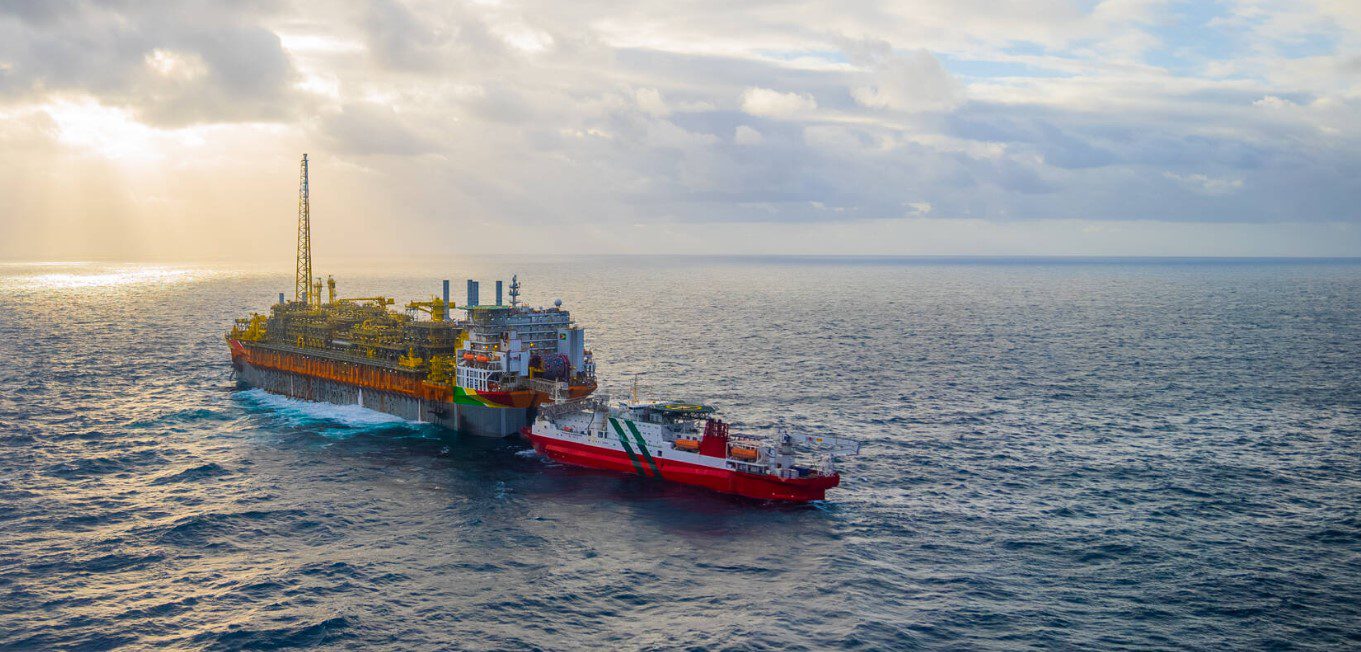With no known commercial hydrocarbons just seven years ago, Guyana is now the holder of the 17th largest oil reserves in the world. Aggressive exploration activities off the country’s coast, mainly by US oil major ExxonMobil, have seen major discoveries being made each year since 2015, which in total, now surpass 11 billion barrels of oil equivalent. But analysts say this is just the tip of the iceberg.
The best exploration year yet for Exxon and the Stabroek Block co-venturers is 2022, according to Hess’ Vice President – Exploration and Production, Timothy Chisholm. Hess, a partner in the development of Stabroek, revealed that the 11 billion resource count has not yet incorporated the complete results for commercial discoveries made in 2022. Chief Executive Officer of Hess, John Hess, said the count will see a “major upgrade” when the results for discoveries announced so far for 2022 are fully analysed.
Hess also said in June that the Stabroek Block is still in the early innings of its exploration story. The co-venturers continue to see multi-billion-barrel potential in the block. This outlook has been shared by independent analysts. Co-director for Americas Market Intelligence (AMI) Energy Practice, Arthur Deakin, said in February that the firm expects there to be more than 20 billion barrels of oil-equivalent in Stabroek, with a hefty portion of gas that could support another profitable export avenue for Guyana.
Dr. Daniel Yergin, Vice President at IHS Markit said in February that the total resource is significantly high with much room for further increases. IHS Markit estimated at the time that 13.5 billion barrels had been proven, and that the yet-to-find potential stood at 9.3 billion barrels of oil-equivalent.
“That makes the ultimate recovery total something like 23 billion of oil recovery and we believe this number is set to raise as more plays and sub-plays are tested,” Yergin said.
Chief Executive Officer and Chairman of ExxonMobil Corp. called the success at Stabroek “unmatched” in modern history. Senior Vice President and Head of Latin America and the Caribbean for Rystad Energy, Schreiner Parker, told a forum in Georgetown in August that the Stabroek block is one of the most unprecedented exploration blocks of all time.
“If you think about the typical success rate for exploration, it’s usually around 20% meaning that out of every five exploration wells that you drill, you’ll encounter hydrocarbons in one of those exploration wells,” Parker said.
In terms of exploration at Stabroek, he explained that it has been almost the complete opposite, noting that there have been few dry holes drilled versus the number of discoveries. More than 30 commercial discoveries have been made there already.
ExxonMobil is currently executing a 25-well exploration campaign which is expected to conclude in the first half of 2023. It has applied for approvals to drill another 35 exploration wells in the Stabroek Block, starting in the second half of 2023 and concluding in 2028.
Over at the Kaieteur and Canje blocks, also operated by ExxonMobil, 24 wells – 12 each – are planned and in the process of securing regulatory approvals.
Guyana also recently launched an auction for 14 blocks, in hopes of adding to the exploration success outside of the Stabroek Block. Three deepwater and 11 shallow water blocks are up for grabs, with new terms that grant Guyana a great share of the value of oil production. President Dr. Mohamed Irfaan Ali said Friday that the potential reserves at stake are at 25 billion barrels. Gerard Walsh, Chairman of Westmount Energy Limited says the market will be hungry for prime acreage offshore Guyana. This, he said, is irrespective of the fact that significant oil discoveries have been solely confined thus far to the Stabroek Block.
An upgrade to Guyana’s petroleum resource count, in line with analysts’ expectations, could see the country surpassing Brazil and Algeria which are in 15th and 16th places for world’s largest reserves. With the economic boom brought on by these successes in Guyana, the country is uniquely positioned to be the fastest growing economy of the decade.




